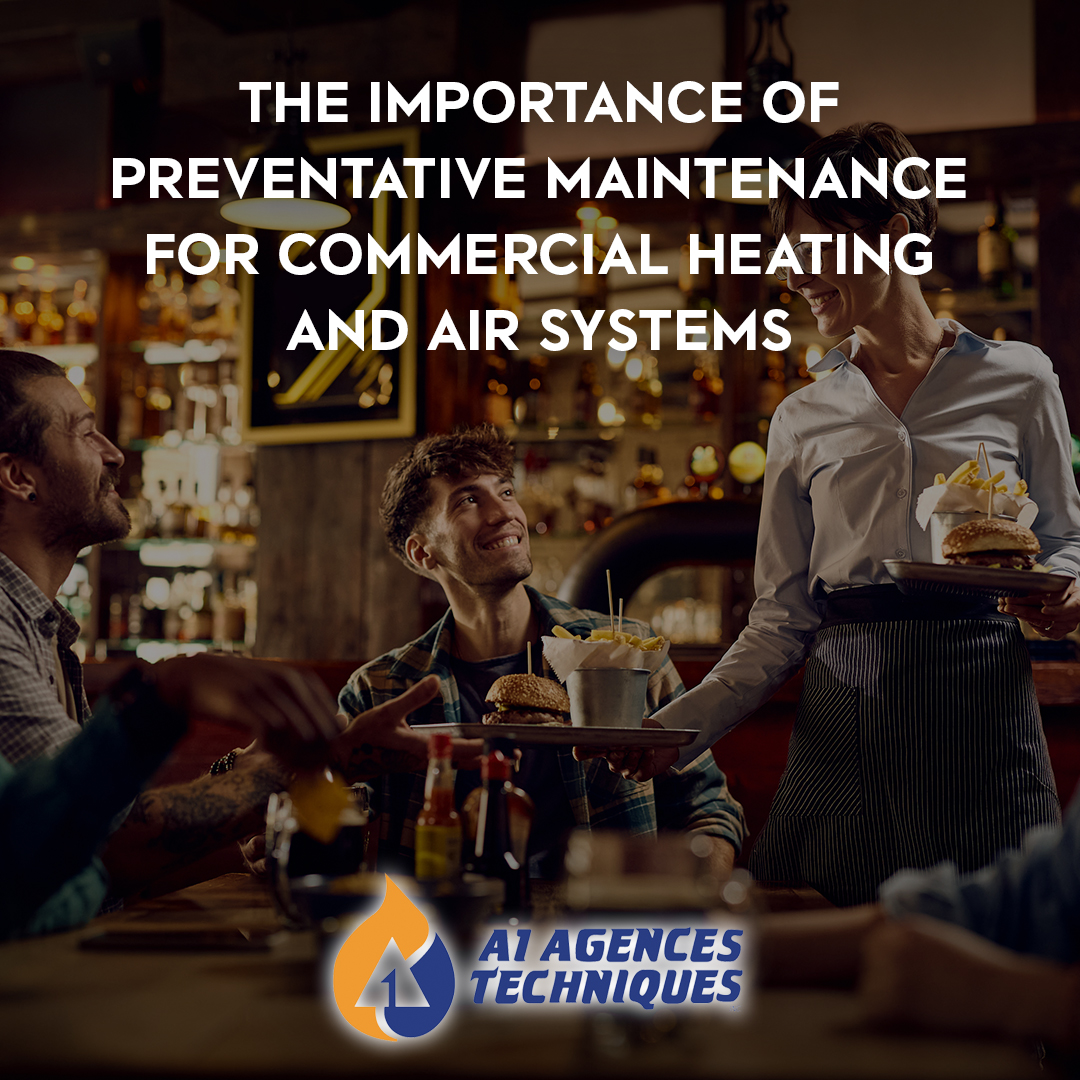In the world of commercial heating and air conditioning, preventative maintenance is a critical practice that ensures the longevity and efficiency of HVAC systems. Unlike reactive maintenance, which addresses problems after they occur, preventative maintenance focuses on regular, planned inspections and minor repairs to avoid major issues before they arise. This proactive approach can save businesses significant time, money, and hassle in the long run.
Why is it Called Preventative Maintenance?
Preventative maintenance gets its name from its core purpose: to prevent problems before they happen. This involves routine checks and services designed to catch potential issues early. By identifying and addressing minor concerns before they escalate into major repairs, businesses can avoid costly downtime and extensive repair bills. Regular maintenance also helps in maintaining optimal performance, ensuring that the HVAC systems run efficiently and effectively throughout the year.
Key Components of Preventative Maintenance
- Regular Inspections: Technicians perform thorough inspections of the HVAC system, checking for wear and tear, leaks, and any other potential problems.
- Cleaning and Servicing: This includes cleaning coils, fans, and other components to ensure they are free from dirt and debris, which can hinder performance.
- Lubrication: Moving parts are lubricated to reduce friction and wear, ensuring smooth operation.
- System Testing: The entire system is tested to ensure it is operating correctly and efficiently.
The Importance of Filter Replacements
One of the most crucial aspects of preventative maintenance is regular filter replacement. HVAC filters play a vital role in maintaining air quality and system efficiency. They trap dust, dirt, and other airborne particles, preventing them from entering and damaging the system.
For companies located in high-traffic areas, such as those near highways, the need for regular filter replacement becomes even more critical. The air in these areas tends to contain higher levels of dust and pollutants, which can quickly clog filters and reduce system efficiency.
Why Filter Replacements are Crucial in High-Traffic Areas
- Enhanced Air Quality: Regularly replacing filters ensures that the air circulating within the building remains clean and free from harmful pollutants. This is especially important in commercial environments where employee health and productivity can be directly affected by air quality.
- System Efficiency: Clogged filters force the HVAC system to work harder to push air through, which can lead to increased energy consumption and higher utility bills. Clean filters allow for better airflow, improving system efficiency and reducing operating costs.
- Preventing System Overload: Excessive dust and debris can cause significant damage to HVAC components. Over time, this can lead to system breakdowns and costly repairs. Regular filter replacements help prevent these issues, extending the lifespan of the HVAC system.
- Cost Savings: Preventative maintenance, including regular filter replacements, can result in significant cost savings. By keeping the system running efficiently and avoiding major repairs, businesses can reduce their overall maintenance expenses.
Conclusion
Preventative maintenance is essential for the health and efficiency of commercial heating and air systems. Regular inspections, cleanings, and filter replacements help prevent major issues, ensuring that HVAC systems operate smoothly and efficiently. For businesses in high-traffic areas, where dust and pollutants are more prevalent, the importance of regular filter replacements cannot be overstated. By investing in preventative maintenance, companies can ensure a comfortable, healthy environment for their employees while also protecting their bottom line.

